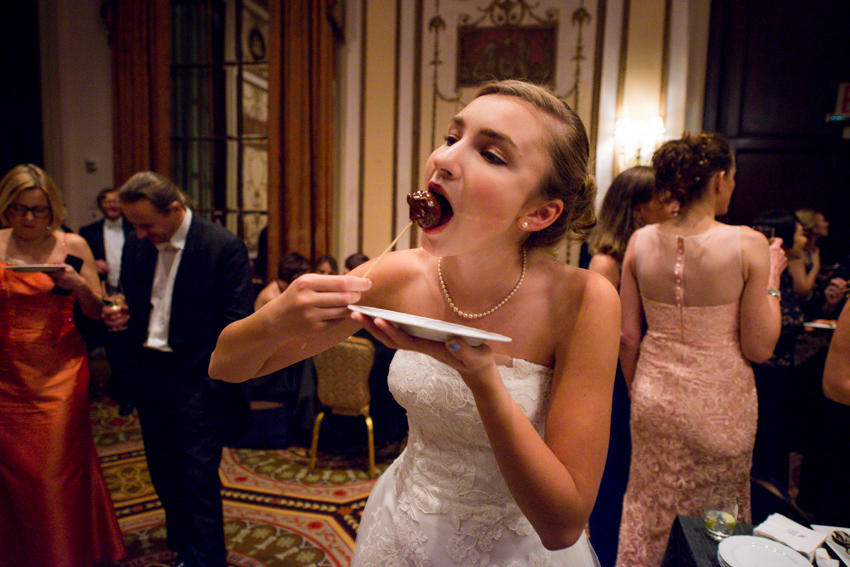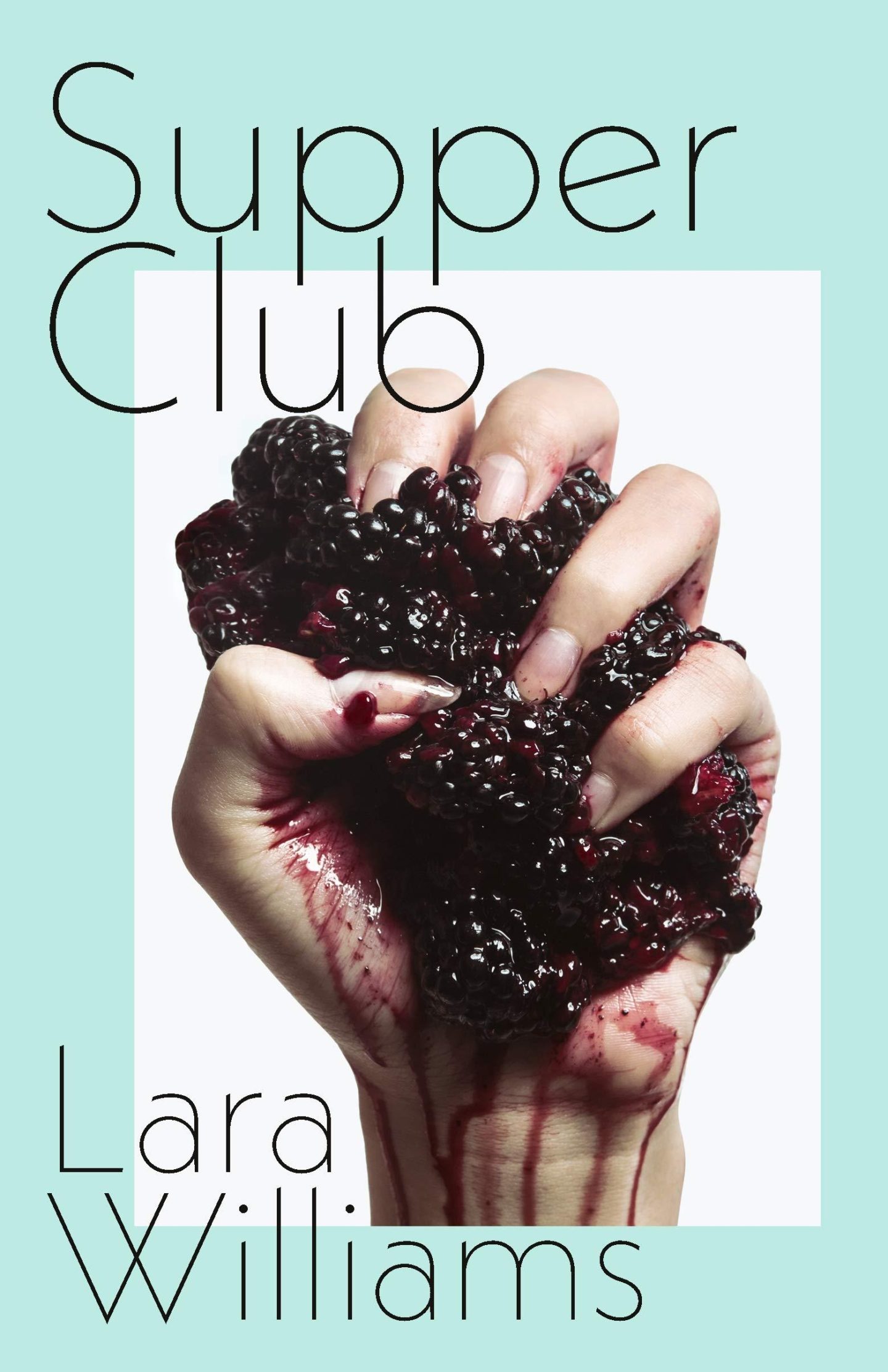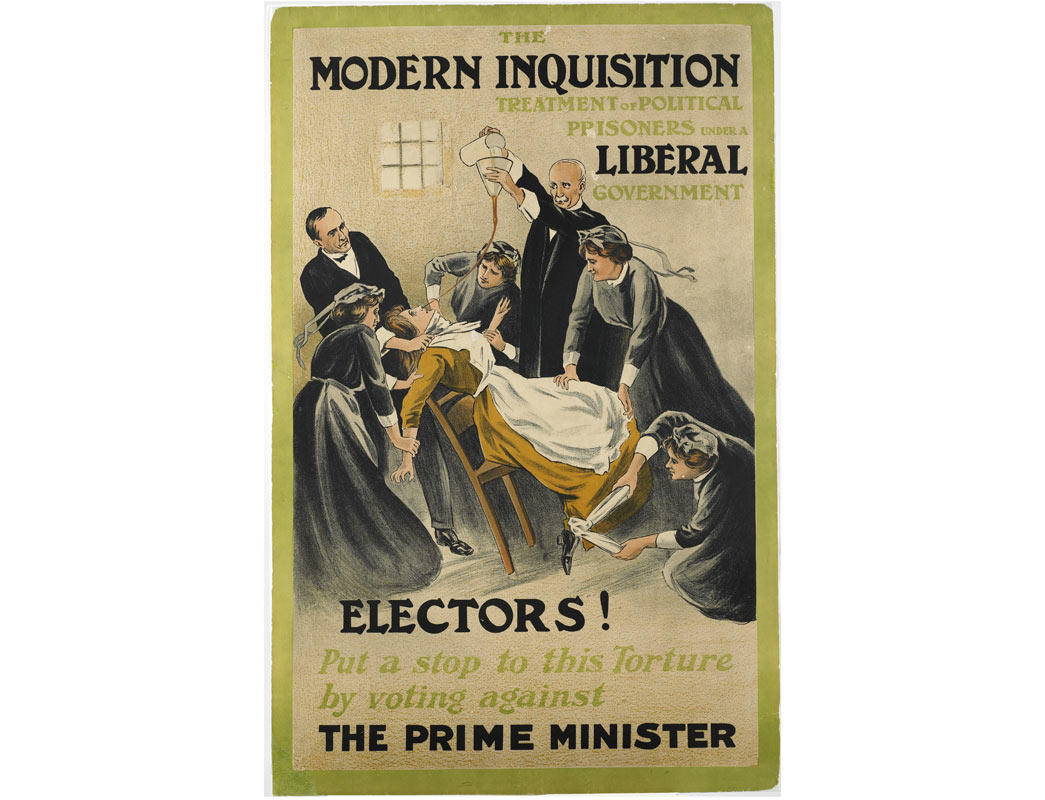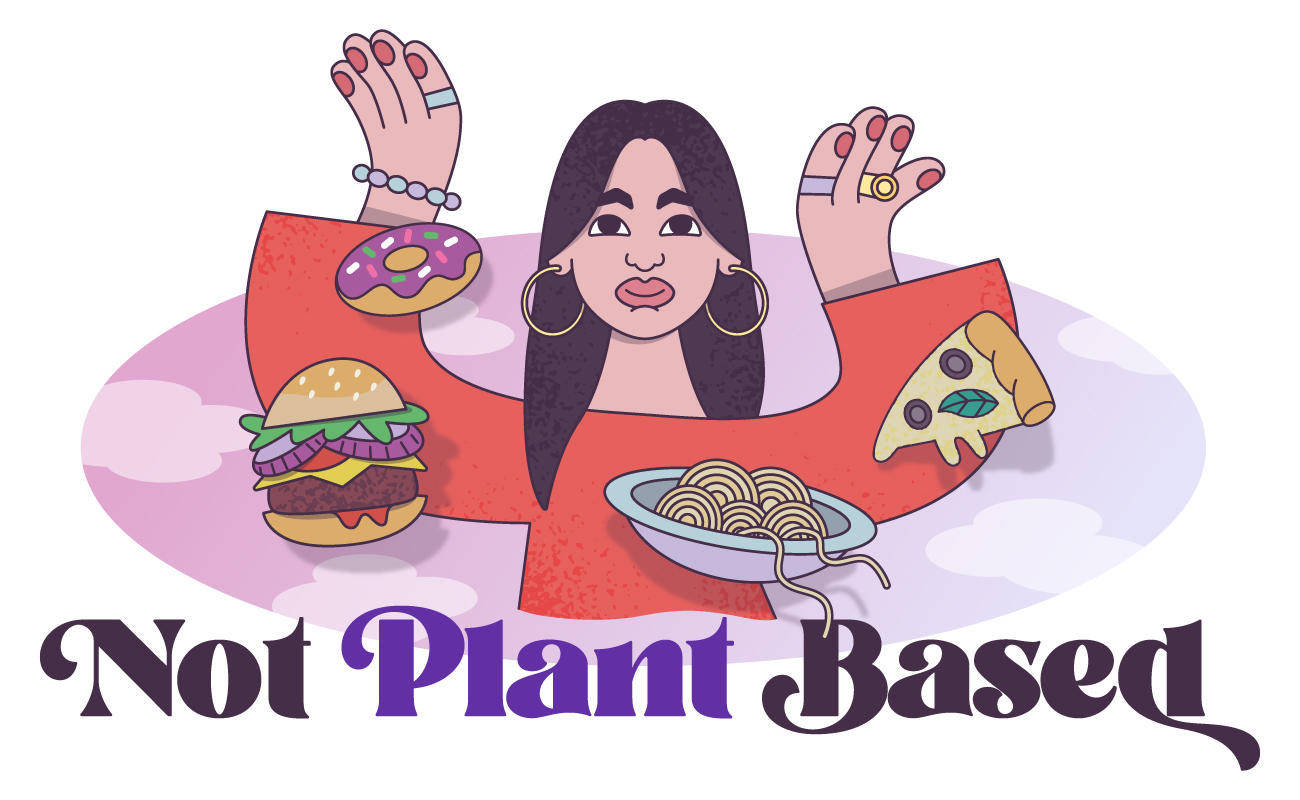
I started a new book this week.
It’s the first fiction novel I’ve become engrossed since getting engaged, and thus dedicating every en-route moment to frantically Googling ‘can I have a falafel cart at my wedding?’. Supper Club by Lara Williams is a delectable tale of a gaggle of emotionally injured women who create the Supper club of all Supper clubs. It is a raucous, promiscuous, filthy bonanza involving nipple-freeing and meat carcass nibbling. The unapologetic feast is the brainchild of two best friends – Stevie and Roberta – who patches up one another’s bruises and through the magic of eating, talking and cooking, eventually become a fully-healed force. The overall message is never to underestimate the superpower that is female friendship – or a good appetite. I’m currently researching for a project (NEW SECRET PROJECT KLAXON) which involves delving into the disturbing history of women and eating. With this in mind, the premise of the feminist food fight-club was fascinating to me.
The rules are as follows:
- All guests must be female.
- All meals must be finished
- The goal is to eat as much as you possibly can – with no dietary restrictions permitted.
- All guests must actively engage in being a work of feminist, physical art. The finished product consists of all guests, over a series of supper clubs, having gained an obvious amount of weight.
My initial thoughts when reading were a) how revolutionary, and b) why the hell does women simply eating what they want feel so revolutionary? But it totally is, right? I mean, who can honestly say they’ve gone for dinner with a group of girlfriends and ate three courses without at least one saying words like ‘guilty’, ‘bad’, ‘good’ or, the worst, ‘gym’?
Well, my research would later tell me this has, sadly, always been the way. Since like, before hygiene and shit.
As far back as the 14th century, as per the religious teachings of the time, a woman’s role concerned her body, flesh, her physical being.
After all, if women’s use of their bodies – including appetites – weren’t policed, who knows what sacrilege they’d commit (remember what Eve did to that poor apple?) Men on the other hand were wise, worldly and thoughtful. Their value lay in the minds, and men were far closer to God than women could have ever dreamed of.

The woman-flesh association meant, as far back as the 1500s, bodily excess was viewed as greed and gluttony – which I’m told are sins. But there’s a problem. In the Middle Ages, it was also up to us to forage and feed our family; exercising great control over the food we bestowed upon others. But God forbid we take too much for ourselves. It’s a dichotomy that seems to have fucked us over for centuries to come, trailing behind us throughout history like a foul, appetite-suppressing smell.
Then came the industrial revolution, in which women’s food roles were suddenly confined to inside the home, and their previous foraging responsibilities negated. On a world whereby they had control over literally nothing – not even their own children – the one fact of life they could exercise some authority over, was what they, and their families ate. It comes as no surprise to me that some historical reports show a increase in EDs post-industrial revolution.
At roughly the same time, ideas of enlightenment scared the bejeesuz out of the male elite – women could not have…sexual…freedom!!! The emphasis on keeping women’s desires – both orally and sexually – under control was dialled up a notch. Yet, women were expected to have some curves in order to suit her baby-baring role. Breasts, bottoms and thighs were fine, so long as her waist (and organs) could be squeezed into oblivion by a corset. Oddly, although Queen Vic was a woman of admirable appetites (when people told her she had health issues because she was too big, she suggested that the solution was to eat more food), the Victorian era saw further increased reports of Anorexia. The Queen’s royal status granted her exemption from the rules that applied to regular women – summed up neatly by doctor and social reformer Mary Ward-Allen.
‘An unnatural appetite for spicy, exciting food was the inevitable result of the equally unnatural practice of masturbation.’
Sure.
Then, in the early 1900s, feminine beauty ideals got even thinner. In a report on the history of eating disorders by US psychiatrist Jules Bemporad, he notes: ‘A new ideal of feminine beauty and behaviour which often ran counter to the increasing opportunities for women in formerly predominately male occupations. A corpulent woman no longer served as a symbol of her father’s or husband’s success by supplying enough to eat. As more and more women joined the labor force, the reverse was the case: an ethereal, frail woman who was obviously not working became proof of her family’s prosperity.’

As ideas of women’s suffrage came to fruition, the refusal of food was used as a metaphor for refusing the patriarchal culture at the time. The hunger strikes at the dawn of last century were a perfect example of this act of political rebellion. So, in a weird way, extreme thinness became a sign of freedom, power and, rather counter-intuitively, emancipation. According to US writer Judith Matz, with women’s rejection of the kitchen, the feminine body ideal morphed into a boyish, straight-up-and-down style. Cigarette brands encouraged smokers to swap pudding for a fag, and diet pills, laxatives and 1,200 calories-a-day diet books flew off the shelves. All, I might add, aimed predominately at women. The rest, as they say, is history – and will be coming soon as part of a SECRET PROJECT KLAXON. Watch this space.
So yes, women have literally always been fucked up about food. Denying the female appetite is just as steeped in our dark, patriarchal history as male-on-female sexual assault. IMHO, it all comes from the same prevailing bullshit culture I outlined at the beginning of this piece. Men are reason and intellect. Women are flesh and body. Well, fuck that. Join me in fighting for true emancipation by doing as the Supper club protagonists suggest and eating everything. The only way to stick it to the man, I’ve learned, is to take up all the space you need to be the best, most spectacular version of you. And if you need some tips on how to do it, read Supper Club.



